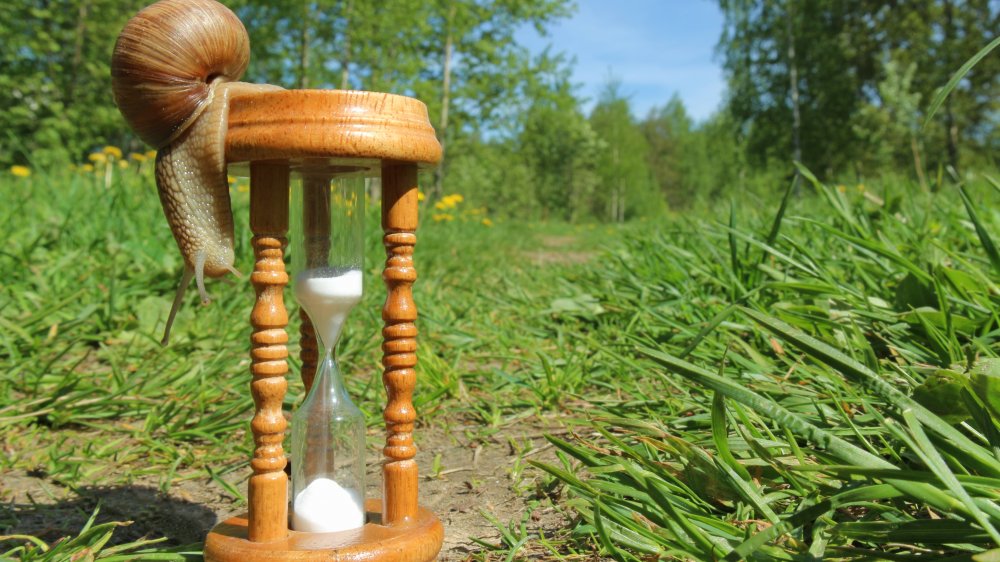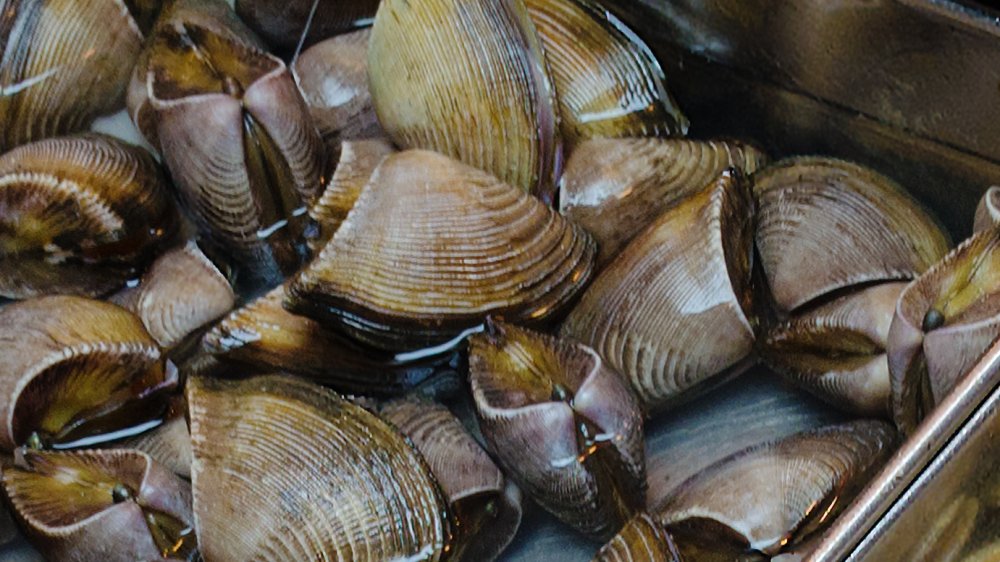The Longest Living Animal In The World
Let's start with the bad news: even if you eat right, avoid any oncoming super-plagues, and take your vitamins, you've still got, at best, another hundred years left. That's barely enough time to read a whole George R.R. Martin novel front to back without skimming the dry parts. It's half as long as it takes for George R.R. Martin to finish writing said book. There are whiskeys that will be aged for longer than you will be alive.
With that existential crisis out of the way, let's look on the bright side: at least there are a bunch of lovable critters that will still be kicking long after you've gone kaput. Despite all of our medical advances and the fast that giant tortoises practically never experience the life-extending benefits of a colonic, there are animals that effortlessly outlive human beings by a wide margin. And the biggest show off in the field of longevity? It's an ostentatious son of a gun that won't stop rubbing its virtual immortality in our faces. Here it comes. Get ready to hate it.
Stare into the faceless maw of eternity
Check it out. That right there is a fat pile of Arctica islandica, which, and this is surprising, is not the name of a strain of weed. It's better known as "the ocean quahog." It's a clam, and given the right set of circumstances, it simply will not die.
In 2008, the National Center for Biotechnology Information released a real banger of a report titled "Imperceptible senescence: ageing in the ocean quahog Arctica islandica" which, and we can't stress this enough, is a lot of fun to read at parties. In it, this Energizer Bunny of a bivalve is described as having a lifespan of up to 400 years. If that's not impressive enough for you, in 2006, a member of the species was yanked out of the ocean off the coast of Iceland and determined to be 507 years old.
If you're starting to feel jealous about the long, full, adventure-filled lives that these clams will be living long after you're gone, take comfort in the fact that they are also, from a scientific standpoint, yummy.

